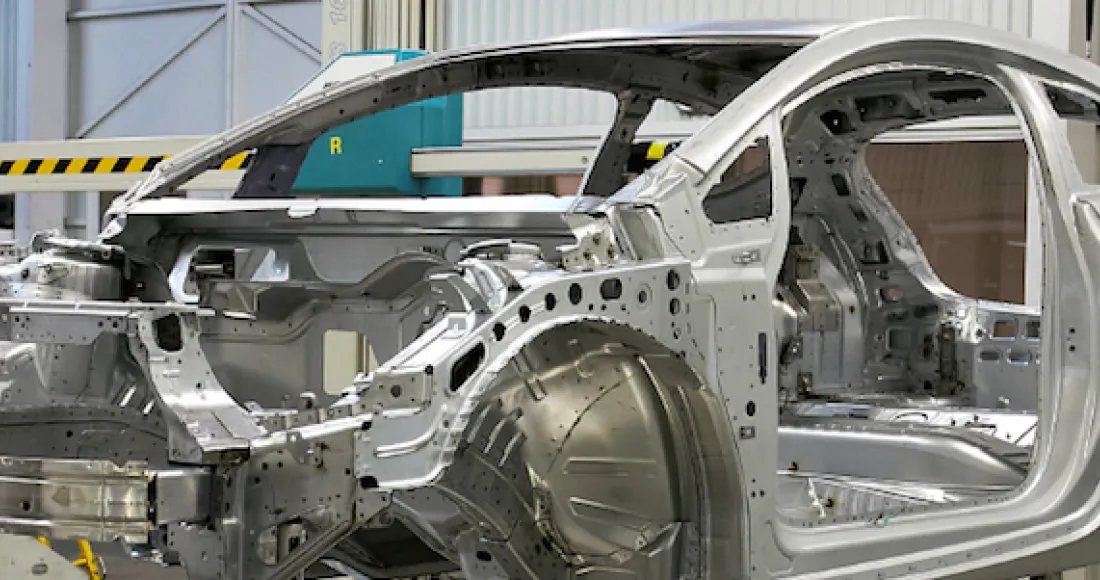
Auto industry employees are essential to ensuring the safety of passengers. When they don’t have the right to speak up safely about wrongdoing in their industry, lives can be lost.
Fortunately, new legislation could improve safety for passengers and for auto industry whistleblowers.
The cost of auto industry fraud
Airbag manufacturer Takata is currently under investigation for creating defective airbag inflators linked to at least 11 deaths and over 100 injuries.
The heat-sensitive ammonium nitrate in the inflators can cause the airbags to rupture when deployed, releasing shrapnel throughout the vehicle. Airbags are meant to save lives, but Takata’s products instead pose a deadly risk to passengers.
The company’s infractions have led to the recall of over 30 million vehicles, as well as lawsuits all over the country. It is already the largest recall in U.S. history. Takata has since altered the compound used in its inflators, however those that do not contain an essential drying agent are still at risk.
Throughout the investigation, the federal government called on former Takata employees to testify about the airbags.
As evidenced by the Takata case, auto industry fraud can be deadly. When employees speak up, they can save lives.
As it turns out, Takata had allegedly been warned about the dangers of using ammonium nitrate many years ago and submitted false safety data for the airbags. Former Takata engineer Mark Lillie agreed to testify on the subject, claiming that he had reported the potential dangers but was ignored. He left the company in 1999 as a result.
Until recently, auto industry professionals like Lillie had very limited options to safely and effectively report their employers’ wrongdoing.
With a crucial pro-whistleblower law now in place for auto industry employees, it may be possible for such tragedies to be averted in the future.
The Motor Vehicle Safety Whistleblower Act (MVSWA)
In December 2015, the federal government passed the Motor Vehicle Safety Whistleblowers Act.
The MVSWA provides financial incentives similar to the ones included in the False Claims Act. Auto industry employees who report fraud resulting in over $1 million in federal recoveries are eligible to collect 10-30% of that amount.
The law also contains a non-disclosure clause, which could help employees feel more comfortable coming forward. In many industries, people fail to report fraud because they are concerned about confidentially and afraid of retaliation. With explicit legislative protection of their identity, more auto industry professionals may feel that they have a safer pathway to report infractions.
The inclusion of the auto industry in the growing trend of pro-whistleblower laws is an undeniable victory. Whistleblower incentives have found success in the healthcare, finance and defense industries, among many others.
These types of cases can take years to resolve and are extremely challenging; it’s very important, therefore, that those who report fraud have adequate protections as well as the possibility of earning an award.
Reporting violations
Companies in the auto industry are required to adhere to strict reporting standards. With the MCSWA, those who do not comply can now be exposed more effectively.
Volkswagen continues to face lawsuits for lying about the emissions test results on millions of vehicles it had marketed as eco-friendly. Not only is the company’s dishonesty a reporting violation; it is also environmental fraud.
According to ongoing litigation, Volkswagen deliberately installed approximately 11 million vehicles with deceptive emissions controls. By rigging the controls, VW could claim to have far lower diesel emissions than it truly had, and it could continue to market its vehicles as environmentally friendly and EPA compliant.
In reality, the vehicles were releasing staggering volumes of pollutants into the atmosphere. VW has admitted wrongdoing and faces billions dollars in possible federal fines—in addition to consumer payouts. Its admission of intentional deceit suggests that at least some people in the company knew of the infractions, and chose not to report them.
The MCSWA provides opportunities for company employees to report violations like the ones VW obscured for years. As the law gains greater traction and public awareness, it will hopefully encourage more people to come forward with reports of fraud.
Eligible whistleblowers
Auto industry whistleblowers can report fraud committed by or within manufacturing plants, auto dealerships or parts manufacturers.
Successful whistleblower cases take time and usually require extensive evidence. If you discover auto industry fraud, it is therefore crucial to seek qualified attorney representation as soon as possible.
Learn more about the legal options for auto industry whistleblowers here.

